On 20 December 2021, the OECD released detailed rules to help implement a landmark reform to the international tax system and ensure that the Multinational Enterprises (MNEs) are subjected to global minimum taxation of 15% tax rate from 2023. The rules also highlight some other salient new points, including deferred taxes for calculating jurisdictional Estimated Tax Rate (ETR), the importance of modelling in assessing the impact and a timeline for implementation.
The Model Global Anti-Base Erosion (GloBE) Rules was published just after the October 2021 announcement of political consensus between 137 countries; including UAE, Saudi Arabia Qatar, Bahrain and Oman on ensuring that the corporate profits of MNEs are taxed at a minimum global rate irrespective of where these MNEs are headquartered. The earlier broad BEPS framework is now given a shape of implementable Model Rules needing integration into the domestic tax laws of the countries. With this release of the Pillar Two model rules, the governments can now take forward the two-pillar solution for addressing the tax challenges resulting from digitalisation and globalisation of the economy.
MNEs with revenue above EUR 750 million will be subjected to the minimum tax applicable and is estimated to create an additional USD 150 billion global tax revenues per year. The OECD believes that even with a high annual revenue threshold of EUR 750 million, the framework will cover 90% of the global corporate income tax base.
Scope and Applicability
The GloBE rules will apply to all constituent entities of an MNE group that qualify the minimum revenue threshold in at least two of the four fiscal years immediately preceding the fiscal year under assessment.
International Organisations, Governmental entities, not-for-profit organisations, pension funds and investment funds or real estate investment businesses which are ultimate parent entities of an MNE group are excluded.
Mechanism of Taxation
The GloBE rules apply a system of top-up taxes that brings the total amount of taxes paid on an MNE’s excess profit in a jurisdiction up to the minimum effective rate.
Imposition of tax is based on “top-up tax” calculated and applied at a jurisdictional level and using a standardized base and definition of covered taxes for identifying those jurisdictions where an MNE is subject to an effective tax rate below 15%.
Pillar 2 covers the Model rules that allow for a minimum effective tax rate on a jurisdictional basis through two GloBE rules:
Income inclusion rule (IIR) is the primary rule and stipulates that an ultimate parent entity of the MNE group or an intermediary holding company as in the case of a joint venture company shall need to pay a top-up tax in its residence country at the parent entity level in proportion to its ownership interest in subsidiaries with low taxed income. The tax obligation shifts to the lower parent entity in case the ultimate parent entity belongs to a jurisdiction where GloBE rules don’t apply or are not implemented. To avoid double taxation, an offset mechanism is put in place. There are also provisions for some special rules for partially owned parent entities.
Undertaxed payment rule (UTPR) is the second rule and applies as a residual top-up tax if the low taxed income is not completely brought into charge under the IIR due to local denial of deduction or adjustment of the low-taxed income. This rule does not apply to investment entities and the share of top-up tax is calculated by a formula based on assets and employees. Subject to meeting certain conditions, a tax exemption for five years is provided for MNE groups that are expanding in global markets as startups.
Effective tax rate (ETR) and top-up tax
Qualified MNEs need to calculate the ETR in each jurisdiction of their operations. GloBE rules refer to an effective tax rate (ETR) for determining the top-up tax to be paid. The ETR is calculated on a jurisdictional basis and for each country equal to the sum of the GloBE taxes of each entity excluding investment entities located in the jurisdiction, divided by the Net GloBE Income of the jurisdiction for the fiscal year.
GloBE rules start with the financial accounts and the consolidated financial accounting figure is the starting point for the GloBE taxes and Net GloBE Income per entity excluding adjustments. Importantly, besides the current tax expense, deferred taxes need to be accounted for under certain conditions. The GloBE rules provide for an exclusion of international shipping income.
If the jurisdictional ETR so determined comes below 15%, top-up tax payment becomes an obligation concerning the Net GloBE Income of that jurisdiction. For determining the amount of top-up tax; three main factors amongst others including the substance-based income exclusion, the de minimis profit exclusion and a potential domestic top-up tax need to be taken into account.
The substance-based income exclusion reduces the net GloBE income and is calculated as a specific return on the payroll costs and the tangible assets for each entity, except for investment entities in that jurisdiction. This is mainly important to MNE groups enjoying tax incentives.
There will be a transitional relief for the substance-based income exclusion and the excluded amount of income in the transition period of 10 years will be in the tune of 8% of the carrying value of tangible assets and 10% of payroll costs and will decline by 0.2% points every year for the first five years, and by 0.4% points for tangible assets and by 0.8% points for payroll for the last five years. A 5% reduction will apply for both payroll costs and the carrying value of tangible assets after 10 years.
Besides, a de minimis profit exclusion rule will be made available and no top-up tax will be due for jurisdictions where the average GloBE revenue based on three years, current year and past two years, is less than EUR 10 million and GloBE Income or Loss is less than EUR 1 million.
During the initial phase of international activities, the UTPR will not apply to MNE groups who are operating in no more than six jurisdictions and have a maximum of EUR 50 million tangible assets abroad. This is a limited time exclusion and valid for 5 years once an MNE comes within the scope of the GloBE rules for the first time. For those who are already within the scope, the period of 5 years will start when the UTPR rules come into effect.
Compliance Requirements
GloBE information return (GIR) becomes mandatory for MNE groups coming within the scope of GloBE Model rules.
The return must be filed within a maximum of 15 months after the closure of the accounting period and may be extended to 18 months for the first return.
Though a standard template will be provided by the OECD, the MNE Group may need to furnish information including group members, corporate structure, country-wise ETRs and top-up tax etc. Local tax laws will apply concerning penalties and the confidentiality of information.
What Comes Next
Releasing Commentary to the GloBE Rules for providing guidance and clarifications on GloBE Model rules implementation is next on the agenda of the OECD and may be released early 2022.
Public consultations will be organised during February and March on the Implementation Framework to provide support for the coordination and administration of the new rules. Safe harbours and the subject to tax rule (STTR) will also be included.
Pillar Two is expected to become law during 2022 and be effective in 2023. The UTPR rule is expected in 2024. A tax treaty policy provision may be developed by mid-2022 to address STTR.
Takeaway
There has been no mention of the scope of safe harbours in transfer pricing and may be available in the Implementation Framework during 2022. The recent publication of model rules is also silent on the design and implementation of the STTR.
The GloBE Model Rules signify a new tax regime that seeks to radically transform the international tax structure by according countries the right to tax an MNE headquartered in another no or low tax jurisdiction on its profits.
A Tax-benefit model will be crucial to understand the financial impact as certain elements of the GloBE Income calculation is left at the discretion of the taxpayer.
Compliance and data gathering will be equally vital along with the calculation of the jurisdictional ETR.
Outsourcing of a professional corporate service provider cum tax consultant is recommended at this point as input data may not always be readily available making it hugely burdensome for tax calculations and decision makings. Even when no top-up tax is due, the GloBE rules may cause specific compliance challenges during implementation.

















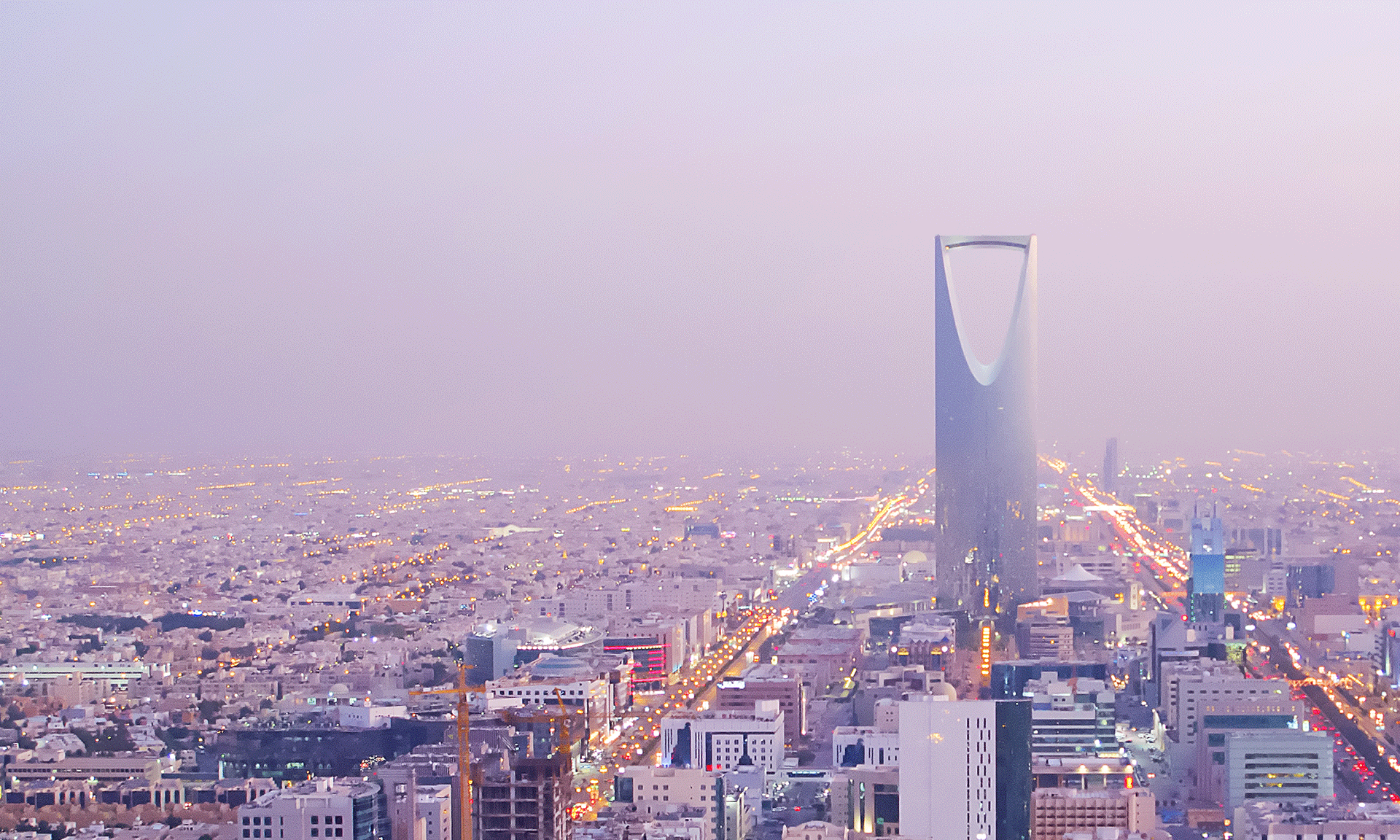
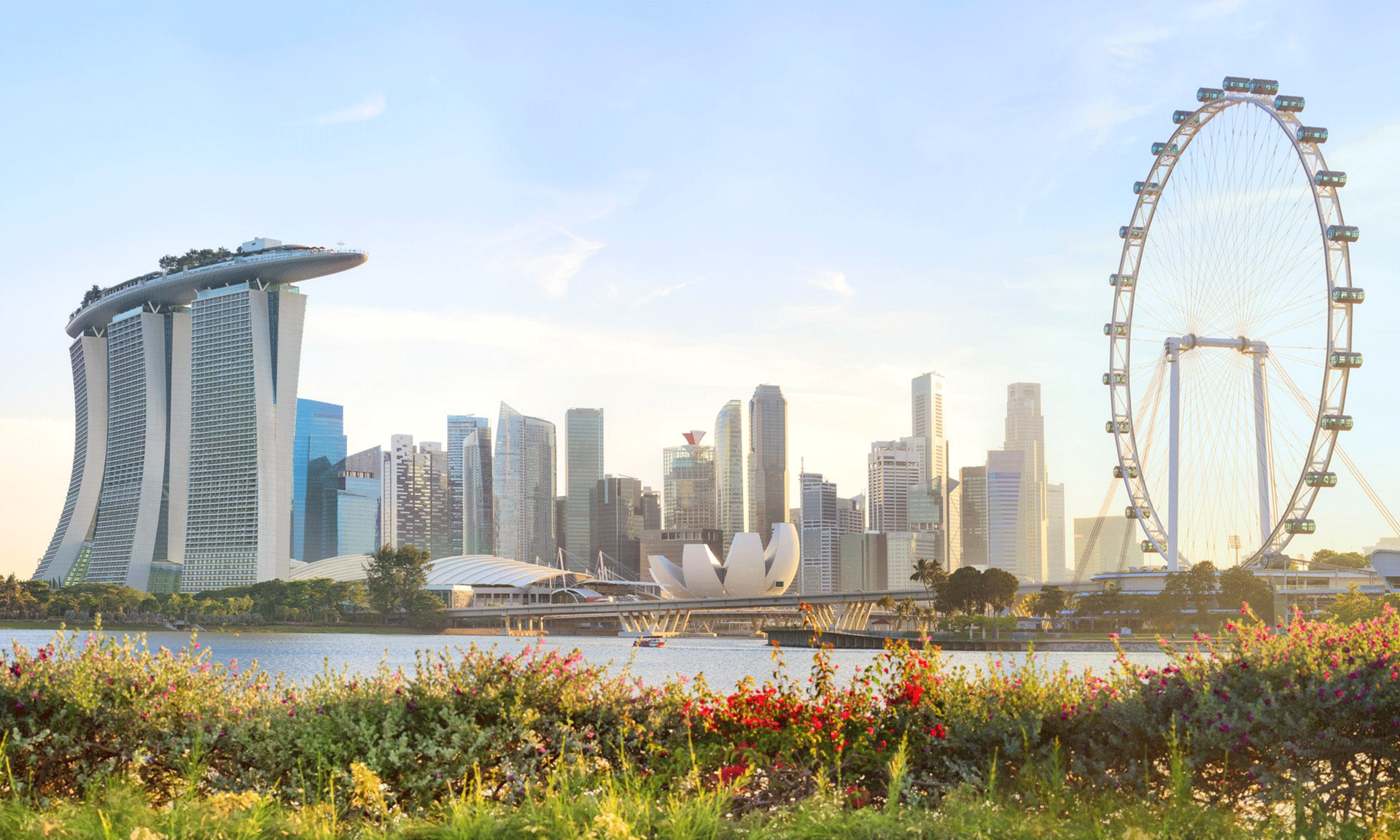

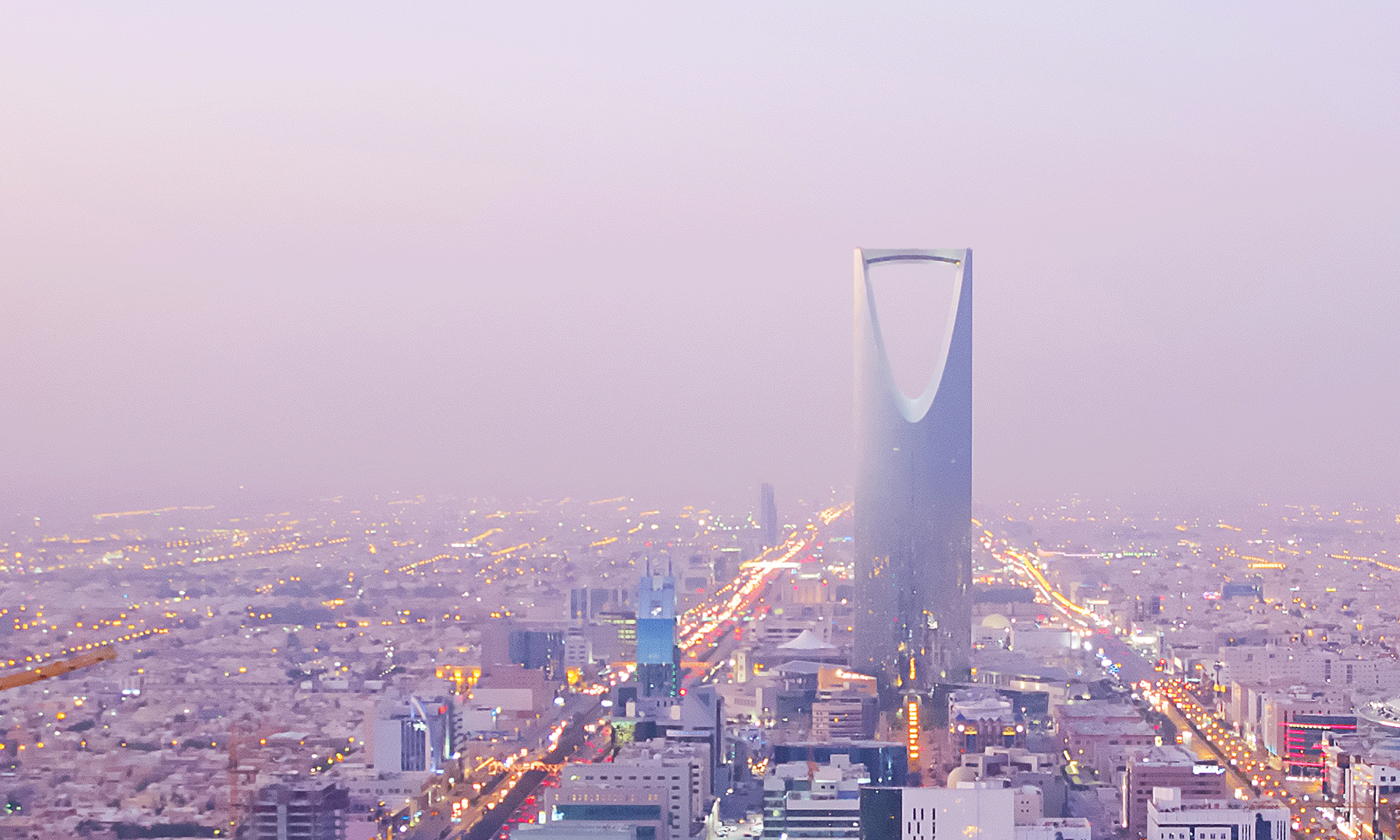
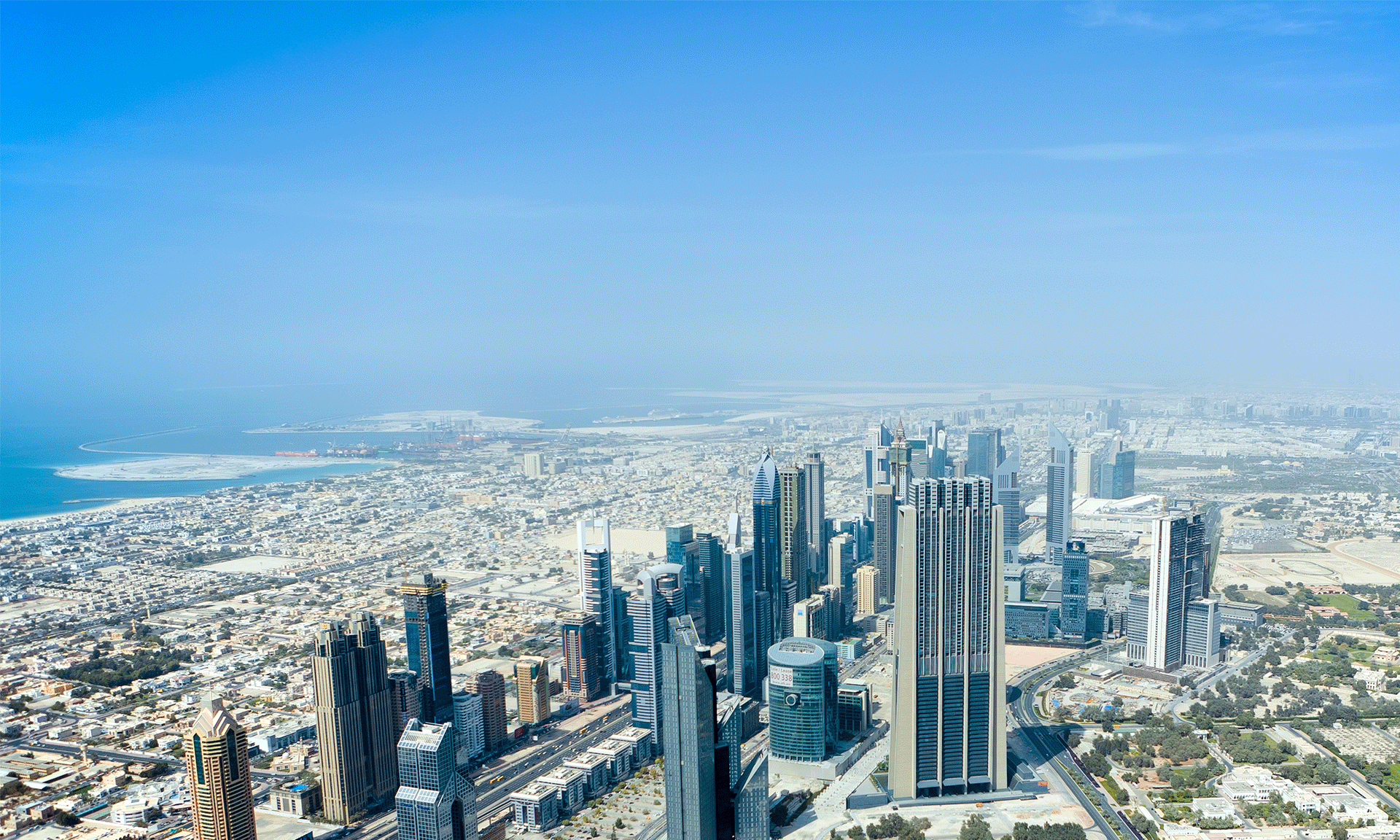


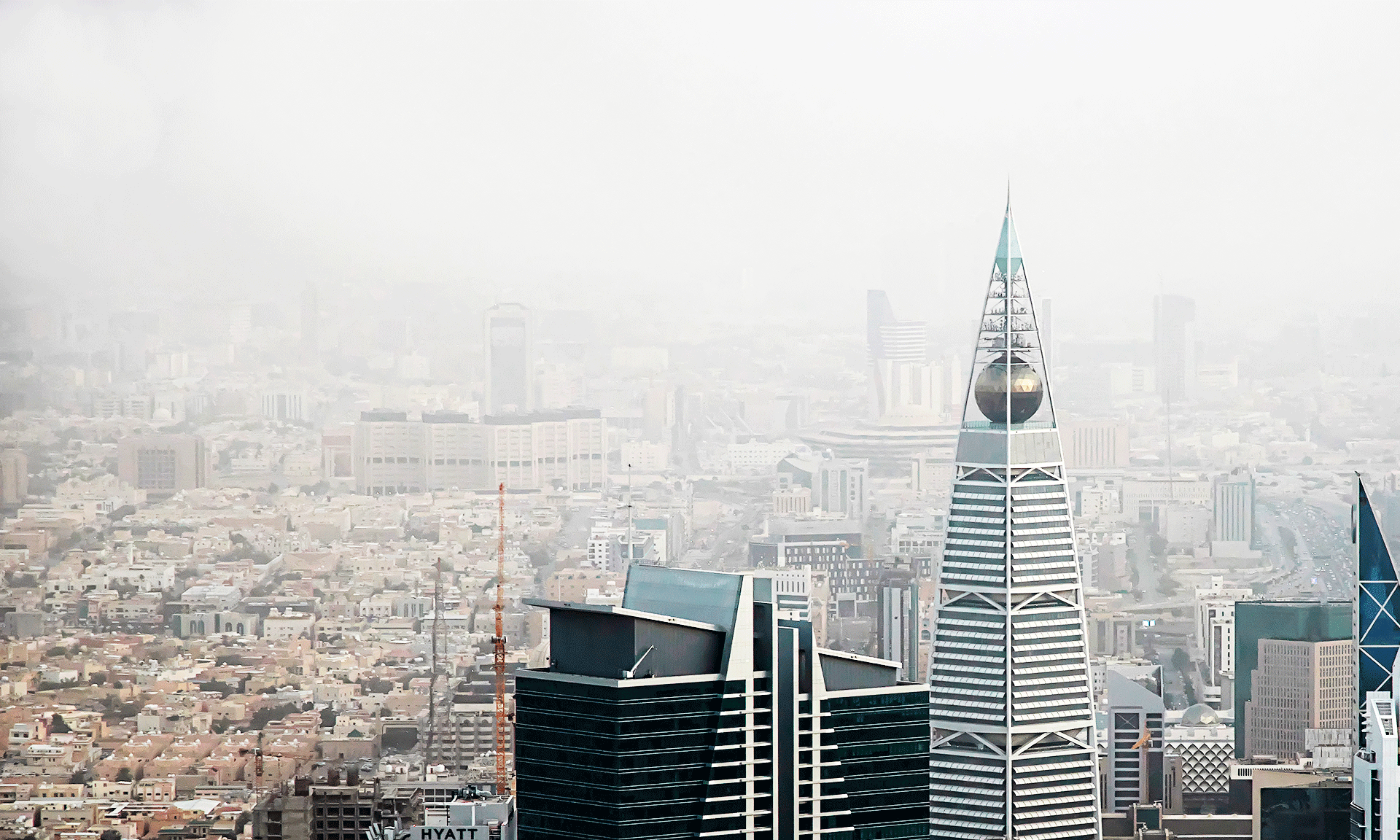





 IMC Group
IMC Group